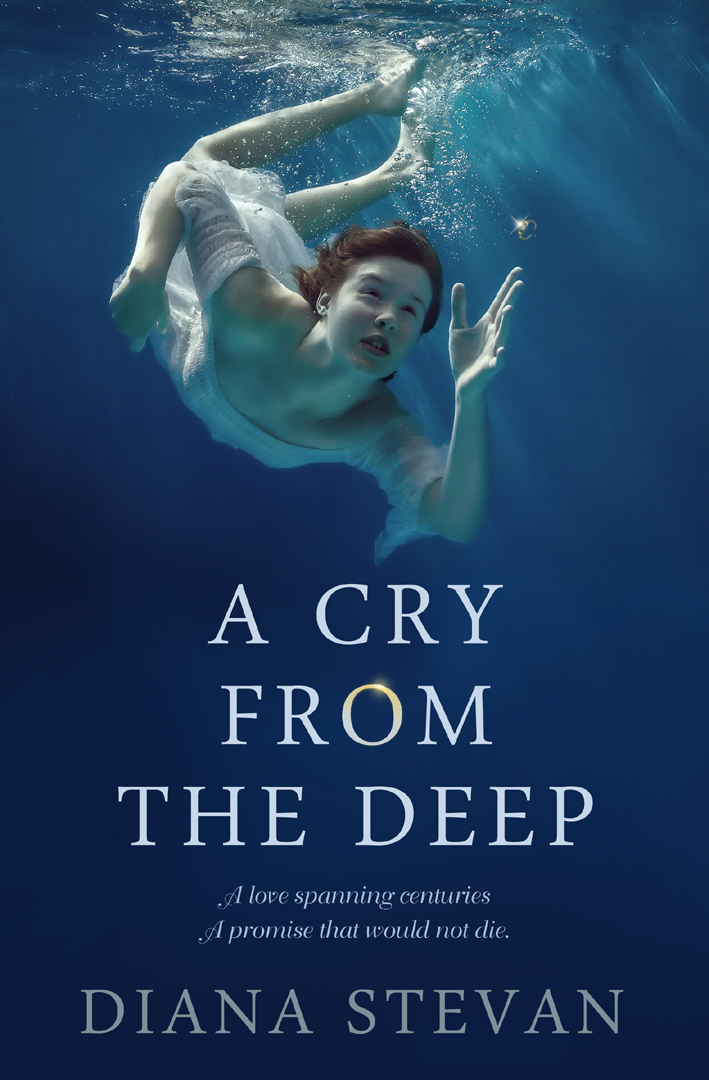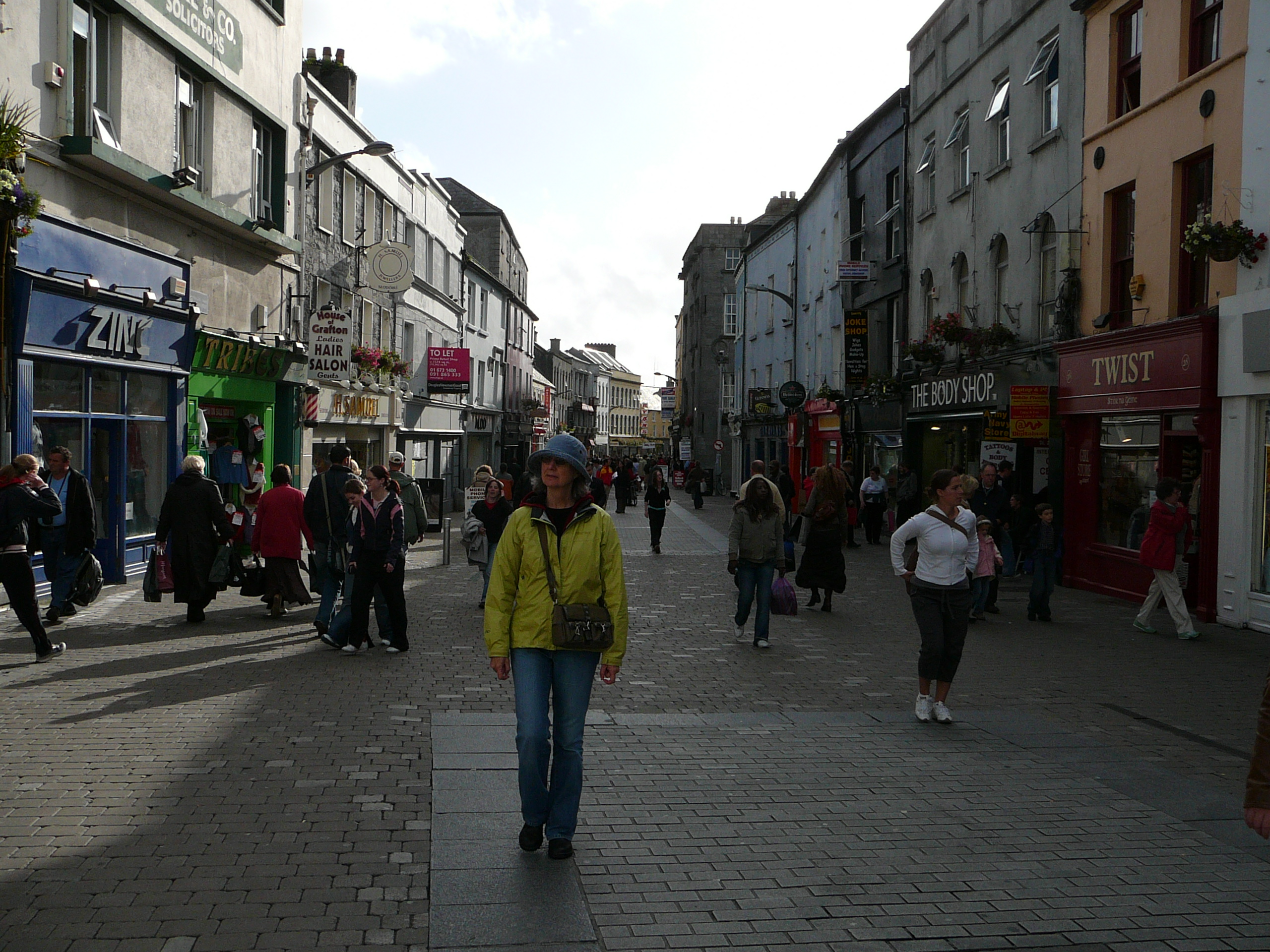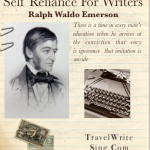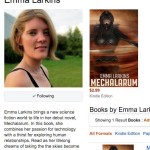![IMG_0698[1]](http://www.travelwritesing.com/wp-content/uploads/2014/11/IMG_06981.jpg) Diana Stevan is a writer, actor, screenplay writer and author who has just self- published a romance-fueled adventure novel, A CRY FROM THE DEEP.
Diana Stevan is a writer, actor, screenplay writer and author who has just self- published a romance-fueled adventure novel, A CRY FROM THE DEEP.
Diana and I have been in touch since she did a review of my self-published 2012 book “How We Are Human” For anyone considering going the route of self-publishing a book, Diana discusses in the following conversation the process that led to her self-publishing her novel.
A CRY FROM THE DEEP Trailer
An Conversation With Diana Stevan on Self-Publishing “A CRY FROM THE DEEP”
Luke: You went the route of self-publishing novel, but the novel is well-written enough that it seems with persistence it could have been published by a traditional publisher? What led to your decision to self-publishing “A CRY FROM THE DEEP?” What has the reception of your novel been?
Diana: I’ve had agents before for my screenplays and appreciate the avenues that are open to them, so I did pitch to agents for a few years, off and on. I had significant interest, but the one top NY agent that sat on my manuscript for awhile, eventually passed on it.
I considered approaching publishers directly, but the only ones publishing romance that were open to me were more of the Harlequin type of stories. Since mine was not that, I couldn’t find any that were open to non-agented writers. With time going, and after reading so many positive blogs about self-publishing, I decided to take the plunge. I also had a couple of friends who had gone that route before me and were happy with the results.
open to me were more of the Harlequin type of stories. Since mine was not that, I couldn’t find any that were open to non-agented writers. With time going, and after reading so many positive blogs about self-publishing, I decided to take the plunge. I also had a couple of friends who had gone that route before me and were happy with the results.
To date, I am pleased with the reception my novel has received. I would like it to have wider distribution, and at the moment am wondering about the exclusive I signed with KDP, Kindle Direct Publishing. For the first six weeks, the e-reader version of my novel is only available on Kindle. After that, I may decide to make it available on Apple, Sony readers, Nook and Kobo. As I understand it, this KDP exclusive will help if I decide to do a free promotion, meaning I give away my book for a short period of time to boost numbers, and therefore, possibly get a bestseller designation. I’ve been reluctant to go that route, as I know how much work and money I’ve put into this novel. On one hand, it seems odd that there are so many writers giving their work away for free; on the other, I understand a self-published author’s dilemma of trying to get noticed when there are 8 million books on Amazon alone.
Luke: Self-publishing and print-on-demand-publishing are most associated with the younger, nouveau generation of writers. You’ve been a blogger for a number of years and seem to have a base of loyal readers grateful for your writing and perspective. Did learning how to navigate writing as a blogger tie into your final decision to self publish?
Diana: No, my reader base had nothing to do with my decision to self-publish. It was more that time was slipping away, and if I didn’t take the bull by the horns, so to speak, I could end up leaving this earth with unpublished manuscripts.
As I am older (a grandmother), I also wondered if age was affecting how desirable I looked to agents, who were looking to sign talented writers they could promote and nurture for years to come. I have no proof that my age is a factor in agent-hunting, but it seems reasonable to think it could be. The fact that I’ve been published before (poetry, newspaper articles, short story) and agented before for my screenplays (in Toronto and Vancouver), I didn’t doubt that I had something to offer. So, when I decided to self-publish, I wanted to make sure it stood up well beside traditionally published books. I paid for substantive edits, copy edits and a book cover designer. I also proofread my manuscript a zillion times, before releasing it.

Stevan in Galway, where portions of the novel take place.
Another factor in my deciding to self-publish was the mass confusion in the publishing world today. I’ve gathered from the many articles, interviews, and blog posts I’ve read, that both agents and publishers are in a quandary of where the industry is heading.
Luke: You do a good job developing memorable characters, without naming names, are these people based off people you’ve met in real life? Do you resemble your protagonist Catherine in any way?
Diana: That’s a good question. Most of the characters in the novel come from my imagination, and perhaps from my experience of seeing many people in therapy over the years. I was a clinical social worker for twenty-five years, and saw many individuals, couples and families, so I have a lot to draw on, even though no one I saw in therapy was used as a model. The therapist in A CRY FROM THE DEEP, is someone who is a blend of many I’ve known. I did some dream work myself, so I’m sure some of that also crept into my writing.
Alex, Catherine’s seven-year-old daughter, is loosely based on my youngest grandchild, who is precocious, witty, and temperamental at times.
As for Catherine, I’m sure some of her musings are similar to my own. She’s a much younger woman, but even as I recall the time when I was her age, the thoughts and dreams I had back then are not too different from the ones I still carry. So, in summary, some are Catherine’s parts are like mine, others are uniquely hers.
Luke: What is your process of writing? Do you have a set routine and schedule?
Diana: God, I wish I had a schedule and a routine. I do hit the computer first thing in the morning, but I’m also easily distracted. It goes with my personality. I’m a very curious person, and will find many things of interest to pull me away. I find I have to remind myself to get back to a novel I’m working on, or market my recent work, or pitch the historical novel I finished writing a few months back. It’s a juggling act. Between family needs, gardening, exercise, etc., I write when I can. Some days, thousands of words. Other days, none.
Luke: What advice would you give to younger writers about the state of publishing? Do you think self-publishing should be a route that’s followed only when the doors of traditional publishing are barred? Or do you think that given the state of publishing, it is most practical to build a base of loyal readers and cut out the uncertain middleman that is today’s publishing industry?
Diana: Since they are young, I would definitely pursue traditional publishing. I’d suggest they make sure their work is the best it can be before pitching to agents. There are so many stories of wonderful books that have been overlooked, and because the writer didn’t give up, their book was eventually picked up by an agent who recognized the author’s brilliance.
But having said that, I’d set a reasonable length of time before giving up, as there are also examples out there, like Amanda Hocking, who made a name for herself in self-publishing, and then later signed a deal with traditional publishers. If younger writers do go it alone, just know it takes a lot of work to put out a book that looks professional. Also, it takes a lot of marketing know-how to get your book noticed. I’m still learning.
Check out Diana’s novel A CRY FROM THE DEEP, On Amazon.com.





